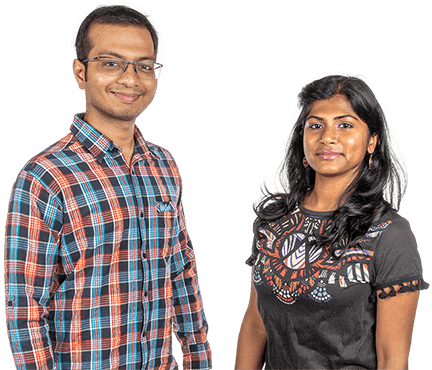WELCOME TO
LOUISIANA TECH UNIVERSITYWhat opportunity will you seize today?
In the Tech Family, we embrace challenge and create innovative solutions. You’re more than a number here.
You Belong at Tech

Distance learning can happen anytime and anywhere. Whether you’re changing careers or looking to move up the ladder, Tech Online offers a wealth of programs created for your success.
Tech Family
One source of our University’s strength is its diversity. Contrasts create learning experiences beyond the classroom, and our students have the opportunity to engage in high-impact learning practices such as study abroad. Our students come to Ruston from 47 states and 64 foreign countries. Partnerships with large and small companies enrich students’ learning experiences and increase their chances of finding great jobs in Louisiana and beyond.

Academic Excellence
Our studios, labs, and classrooms are places of innovation, where students work side-by-side with faculty members to achieve excellence.
Visit campus
From the minute you step foot on campus, you’ll see how special it is to be a member of the Tech Family. Schedule a tour to see our campus today.
Latest News
Upcoming Events
Events @ Tech
Concerts? Talks? Academic Events? Visit our calendar for a list of all university events.